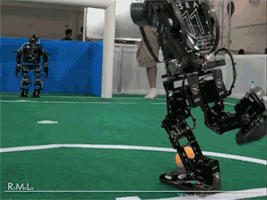May 2, 2019, by apyll3
So…What even IS teaching?
Today I attended a Philosophy lecture discussing a paper which gave a whole new approach to teaching. As students, we do so much learning but never think about what teaching is. Fisher and Tallant, in their paper “What does it mean to teach?”, argue that you don’t even need to learn anything for something to count as teaching! Um, excuse me? Let me explain…

https://giphy.com/search/what
What’s wrong with the other views about teaching?
Two standard views of teaching are that it’s either intentional or you learn something. These have their issues which is why Fisher and Tallant want to put them aside. For example, someone might not intend to teach but teach anyway, like an actor who is performing a role as a teacher (have you seen school of rock?). Or students might not learn anything but teaching can still happen – think back to those intense GCSE maths lessons…

https://giphy.com/search/thinking
What do Fisher and Tallant think?
They argue that teaching is judgement-dependent. If someone would think, in ideal conditions, that someone is teaching then they are teaching. This isn’t about what makes for good teaching nor is it factive. On this account, teaching can take place even if someone doesn’t intend to teach or if learning doesn’t happen. Pretty sweet, huh?

https://giphy.com/search/cool
What are the benefits of this new view?
The judgement-dependent view means that we can respect more intuitions about teaching. Lots of things can be judged to be teaching which we might not have originally thought – such as robots!

https://giphy.com/search/robots
Does the judgement-dependent view have any flaws?
Some may argue that it’s a bad thing that this view is non-reductive. AKA: we can’t put our finger exactly on what may or may not count as teaching. But surely that’s a good thing, since everybody is different, right???

https://giphy.com/search/judge
No comments yet, fill out a comment to be the first

Leave a Reply